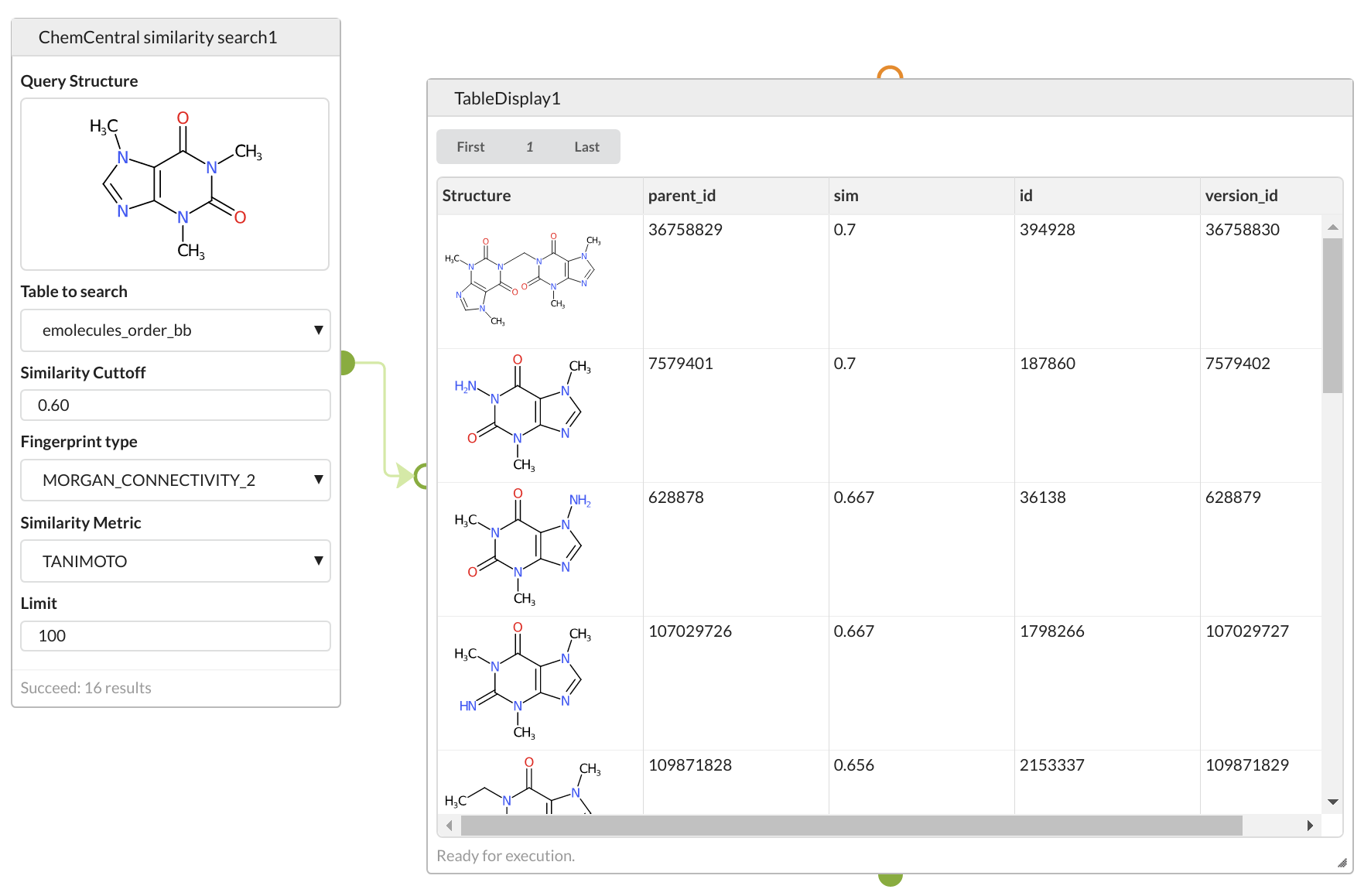Our main area of work is in creating scientific applications, particularly those based around chemistry. Frequently this involves creating workflows that scientists need to perform. This involves a wide range of applications ranging from chemical registration, virtual screening, drug design, generating and using predictive models and much more.
Choosing the Right Tools
To build a top quality application you need to use top quality ingredients. Fortunately many are available in this sector, both commercial and open source, but getting to know which ones to use for which purpose, and learning to use them effectively is a big task. Often they fail to work together well, resulting in a frustrating experience for the user. That’s where Informatics Matters core strengths come into play as we have many years of experience in using these toolkits, both commercial and open source, both programming and end-user tools.
So if you want to know whether to use a commercial toolkit like ChemAxon’s Marvin and JChem, or whether open source alternatives like RDKit, CDK or KNIME might provide a more sustainable and cost effective solution then we can help you decide.
Want to know how what tools to use for a chemical database and how to set this up and to standardize the chemical content? That’s one of our specialities. We’ve built chemical registration systems before, both big and small. And can advise on the build vs. buy conundrum. We have extensive experience with chemical database’s such as ChemAxon’s JChem and the RDKit PostgreSQL cartridge, and have incorporated various publicly available databases such as ChEMBL and eMolecules into databases that allow fast exact, substructure and similarity search. See also these posts (1, 2) that describe picking diverse subsets of molecules from large sets.

Need help with adding more automation and rigour to your drug design workflows? Then you might be interest to find out more about how our Squonk Computational Notebook is being used by the XChem fragment screening project at the Diamond Light Source in helping address bottlenecks in their fragment-based drug design workflows.
Need to choose a workflow tool for your scientific work? Our Squonk Computational Notebook might be what you are looking for, but if not then we have experience with other workflow tools like KNIME and Jupyter Notebooks, as well as lower lever workflow engines like Nextflow.
Understanding the Problem
Understanding the problem is key to being able to solve it. With our long history of working in the pharmaceutical and biotech sectors, in building applications for those sectors, and in customising and adapting software in use in these sectors we have a strong knowledge of what you are wanting to do and why you are wanting to do it.